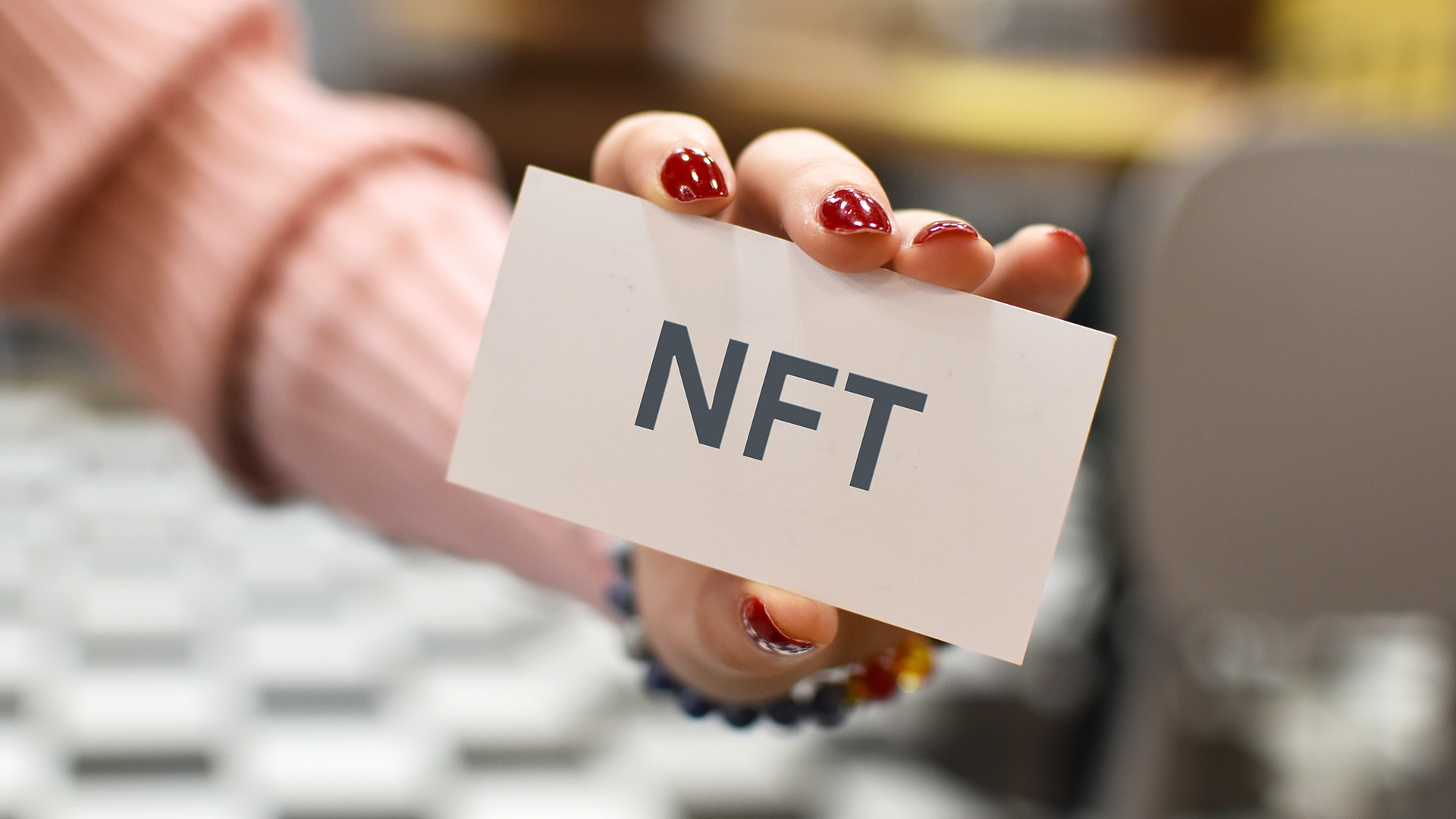I have many fond memories of my grandmother. When she passed away at the ripe old age of 92, she was still pretty lucid and had the sharpest tongue I ever found anywhere — not unusual for the Florentine she was (although she’d whack me for this, as she was actually from the posh suburb of Fiesole, which is very close to Florence, but a whole world of difference to her).
Since I was her first grandson to enter the world of business, she was always curious to know what kind of job I managed to land, and unfortunately my job descriptions were always sort of vague — systems engineer, marketing executive, business development manager and the like — leaving her a bit frustrated because all her friends nephews were doctors or lawyers or bankers.
Yesterday, I had lunch with some of our social media people, and we were discussing a similar situation. So, perhaps inspired by the smell of a margherita I had in front of me, I told Marco: “You should be proud of explicating implicit ontologies”.
Needless to say, there were quite a number of repressed smirks, so I felt I had to expand a little.
Always useful Wikipedia offers a compact definition of ontology, which says it all: ontology deals with questions concerning what entities exist or can be said to exist, and how such entities can be grouped, related within a hierarchy.
So, an ontology is a classification of the reality according to some agreed criterion. It is more than a taxonomy, as it deals with the hierarchical conceptual relationship between different real entities and builds a conceptual model of the piece of reality we are considering.
When people spend time on social media talking, e.g., of football, they do so according to a commonly shared ontology which makes sense for them, and according to which a “corner” is not a geometrical reference, but a special way to restart play after the ball was sent out by the defending team. Or the measure “11 meters” unequivocally refers to the distance of the penalty mark.
The ontology is shared by all participants and, therefore, usually does not require an explicit expression (leading also to interesting interpretative debates). It is implicit in the body of conversations, in the flurry of blog posts, in the cloud of tweets.
All Europeans refer to an ontology that was largely devised by the Brits (and embodied in the so-called Sheffield Rules, dating to the second half of the 19th century).
Now imagine you are a citizen of the United States who travels to Europe in between the two wars. Football is already popular stateside, but he finds that the rest of the world uses a round ball instead of an oval one, and touching it with your hands is a major foul. The American citizen “football” ontology is completely different from the European citizen one, making communication impossible.
Brands are approaching social media in a situation that is not dissimilar from the American traveler. The clumsy ones will walk into a bar think they know what everyone is talking about, and will risk ridicule. The smart ones, however, will research which ontology the conversation refers to, and will “blend in” their message in a way that is respectful and considerate.
What brands need from us is therefore two things:
- Help in making those implicit ontologies explicit
- Help in adapting their message/program to the existing ontology.
I wish grandma were still alive. She’d say what she used to say with a sigh every time I presented her with a new, incomprehensible job title:
“Well, I hope at least it is not something dirty!”


